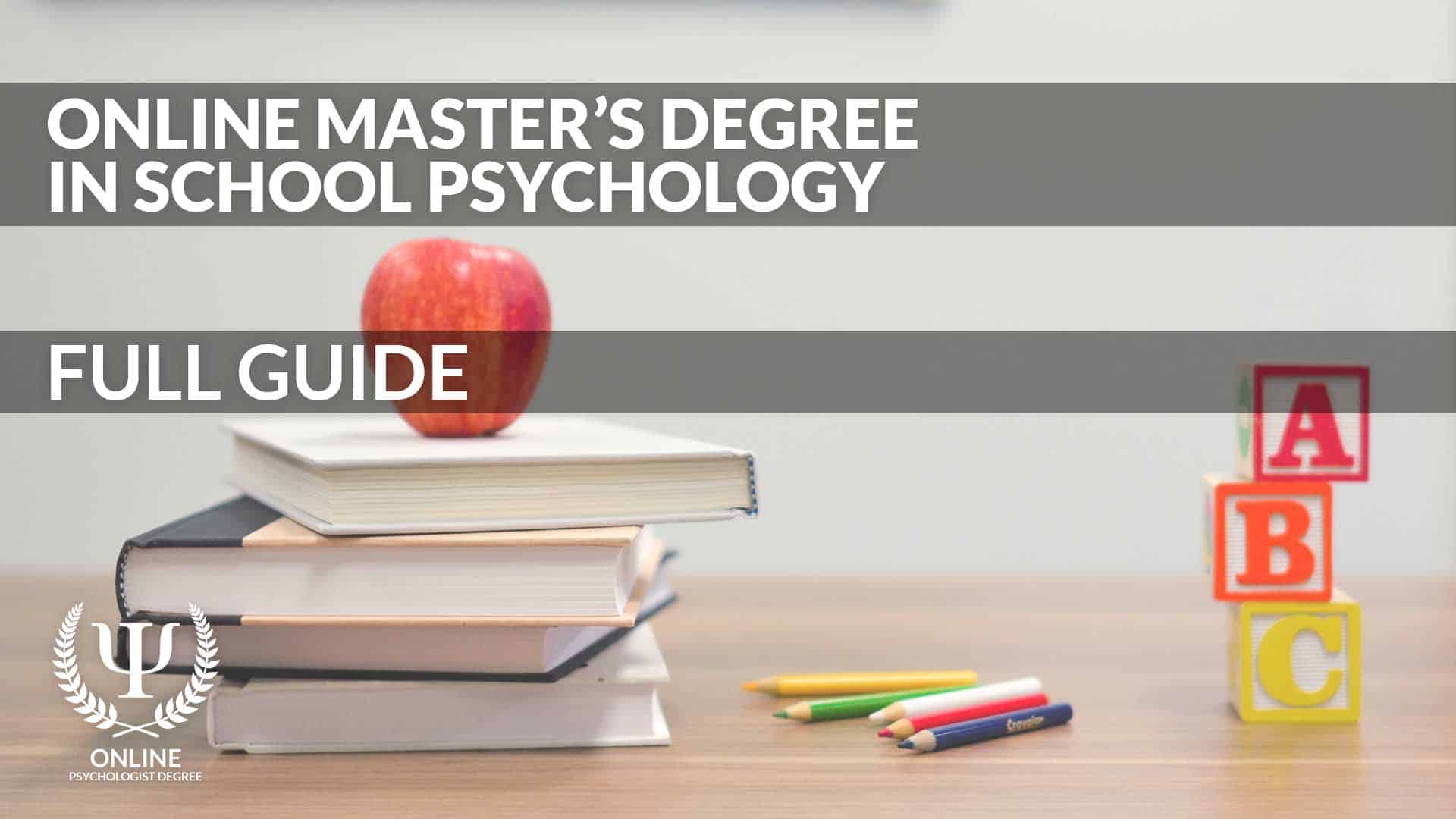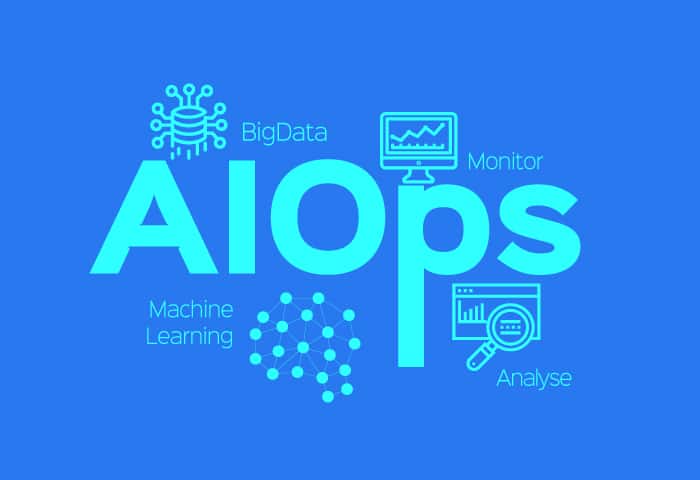The rise of online accounting degree programs has revolutionized the way students pursue a career in this in-demand field, offering a flexible and affordable alternative to traditional education. However, the quality and accreditation of these programs can vary significantly, making it essential for prospective students to conduct thorough research before enrolling.
Toc
- 1. The Advantages of Accounting Degree Programs Online
- 2. Types of Online Accounting Degrees
- 3. Choosing the Right Online Accounting Program
- 4. Related articles 01:
- 5. Career Prospects for Online Accounting Graduates
- 6. Tips for Success in an Online Accounting Degree Program
- 7. Emerging Trends in Accounting Education
- 8. Related articles 02:
- 9. Frequently Asked Questions
- 10. Conclusion
The Advantages of Accounting Degree Programs Online

Flexibility and Convenience
One of the most significant benefits of accounting degree programs online is the flexibility they provide. Students can study at their own pace and on their own schedule, which is particularly beneficial for working professionals, parents, and individuals juggling multiple commitments. This adaptability allows learners to balance their education with personal and professional responsibilities, eliminating the rigid class schedules that traditional on-campus programs often impose.
For those seeking a balance between online flexibility and the benefits of in-person interaction, hybrid programs offer a compelling alternative. These programs typically blend online coursework with a limited number of on-campus sessions, allowing students to engage with faculty and peers in a more traditional setting while retaining the flexibility of online learning.
Affordability
Online accounting degree programs are frequently more cost-effective than their traditional counterparts. By removing expenses associated with commuting, housing, and campus facilities, students can significantly lower their overall educational costs. A study by the National Center for Education Statistics found that the average cost of an online accounting bachelor’s degree is approximately $30,000 compared to $40,000 for a traditional on-campus program, representing a significant savings for students. Additionally, many online programs offer financial aid and scholarship opportunities, making it easier for students to invest in their future without incurring substantial debt.
Accessibility
With the rise of online education, geographical barriers are no longer a concern. Students from remote or underserved areas can now access quality accounting education without the need to relocate. This increased accessibility makes accounting online degree programs an attractive option for those who prefer the flexibility of distance education.
Types of Online Accounting Degrees
Associate’s Degree in Accounting
An associate’s degree in accounting serves as an excellent entry point for those interested in beginning their careers in accounting. Typically spanning two years, these programs cover fundamental accounting principles, financial reporting, and bookkeeping. Graduates may qualify for entry-level positions such as accounting clerk, payroll specialist, or bookkeeper.
Bachelor’s Degree in Accounting
The bachelor’s degree in accounting is the most widely recognized credential in the industry. These four-year programs provide a comprehensive curriculum that encompasses financial analysis, taxation, auditing, and management accounting. With a bachelor’s degree, graduates are well-prepared for a variety of roles, including public accountant, financial analyst, and tax preparer.
Master’s Degree in Accounting
For individuals looking to deepen their expertise, a master’s degree in accounting is an ideal choice. These one- to two-year programs explore advanced topics such as forensic accounting, international taxation, and strategic financial management. A master’s degree can lead to senior-level positions, including controller, chief financial officer, or academic roles in accounting.
Doctoral Degree in Accounting
The highest level of education in accounting is the doctoral degree, which typically requires four to six years of study. These rigorous programs focus on advanced coursework and original research, preparing graduates for careers in academia or specialized research roles. Doctoral students contribute significantly to the field’s body of knowledge, making their work vital for the advancement of accounting practices.
Choosing the Right Online Accounting Program

Accreditation
When selecting accounting degree programs online, accreditation is a critical factor. Students should prioritize programs accredited by reputable organizations such as the Association to Advance Collegiate Schools of Business (AACSB) or the Accreditation Council for Business Schools and Programs (ACBSP). Accreditation guarantees that the program adheres to high academic standards and provides a quality education.
1. https://cacutproapk.com/archive/409/
2. https://cacutproapk.com/archive/410/
3. https://cacutproapk.com/archive/407/
Curriculum and Specializations
Prospective students should thoroughly review the curriculum of each program to ensure it aligns with their career goals. Many online accounting degree programs offer specializations or concentrations, such as taxation, auditing, or managerial accounting, which can enhance a student’s expertise in a specific area of interest.
Faculty Expertise
The qualifications and experience of faculty members play a crucial role in the quality of education. Students should investigate the backgrounds of instructors to ensure they possess relevant real-world experience in the accounting field. Faculty who have worked in accounting can provide invaluable insights and practical knowledge that enrich the learning experience.
Student Support Services
Effective student support services can significantly enhance the online learning experience. Programs that offer academic advising, career counseling, and online tutoring can help students navigate their studies and prepare for successful careers in accounting. Students should consider the availability and quality of these resources when selecting a program.
Career Prospects for Online Accounting Graduates
Job Outlook
The job outlook for accounting professionals remains promising. According to the U.S. Bureau of Labor Statistics, the accounting field is projected to grow by 4% from 2019 to 2029, adding approximately 61,700 new jobs. This growth is fueled by the increasing complexity of financial regulations, globalization of business, and the rising demand for financial analysis and advisory services.
Career Opportunities
Graduates of online accounting degree programs can expect a diverse array of career opportunities. Positions in public accounting, corporate accounting, government accounting, and financial analysis are all viable paths. The median annual salary for accountants and auditors is approximately $71,550, with potential for higher earnings as professionals gain experience and obtain specialized certifications. Graduates can carve out successful careers in various industries, from Fortune 500 companies to small businesses and government agencies. They can find roles such as financial analysts who analyze market trends and investment opportunities, forensic accountants who investigate financial crimes, or tax accountants who specialize in tax preparation and compliance.
Professional Certifications
In addition to academic qualifications, earning professional certifications can significantly enhance career prospects. The most recognized certification is the Certified Public Accountant (CPA), often required for senior-level positions in accounting. To achieve CPA status, candidates typically need to complete 150 credit hours of college coursework, pass a challenging examination, and meet specific state requirements.
In addition to traditional certifications like the CPA, micro-credentials and specialized certifications are gaining traction in the accounting field. These shorter, focused programs can help professionals develop specific skills, such as data analysis or fraud detection, and enhance their marketability in a competitive job market.
Tips for Success in an Online Accounting Degree Program

Time Management and Self-Discipline
Success in accounting online degree programs hinges on effective time management and self-discipline. Since these courses often allow for flexible scheduling, it’s important for students to develop strategies for organizing their workloads and managing their time wisely to stay on top of assignments. Creating a dedicated study space free from distractions and establishing a consistent study routine can help maintain focus and productivity. Setting specific goals for study sessions and using techniques such as the Pomodoro Technique can also enhance concentration and efficiency.
Online Collaboration and Communication
Utilizing online collaboration tools and forums is essential for fostering connections with classmates and instructors. Virtual platforms like Zoom, Slack, and Microsoft Teams facilitate real-time communication and teamwork, allowing students to engage in group projects and discussions. Active participation in online forums and class discussions not only enhances the learning experience but also builds a sense of community in the virtual classroom. Being proactive in reaching out to instructors with questions or for feedback can greatly enrich the educational experience.
Organization and Planning
Staying organized is vital in online education, where managing multiple courses and deadlines can be challenging. Students should leverage digital calendars, to-do lists, and project management tools like Trello or Asana to track deadlines, assignments, and other academic obligations. This proactive approach helps prevent students from falling behind on their coursework and ensures steady progress toward their degrees. Regularly reviewing syllabi and setting reminders for upcoming exams and project milestones can also aid in staying organized.
Seeking Support
Students should not hesitate to seek support when needed, as navigating online education can sometimes be overwhelming. Many online programs offer a variety of support services, including tutoring, academic advising, and career counseling, to assist students in overcoming challenges and achieving their academic goals. These resources can often be accessed virtually, making them convenient for students who may not be located near campus. Utilizing these services, such as attending virtual office hours or joining study groups, can make a significant difference in a student’s educational journey and help build a strong foundation for future success.
Emerging Trends in Accounting Education

1. https://cacutproapk.com/archive/406/
2. https://cacutproapk.com/archive/409/
3. https://cacutproapk.com/archive/408/
The accounting education landscape is evolving rapidly, driven by technological advancements and changing workforce demands. One emerging trend is the integration of data analytics and technology into accounting curricula. Programs are increasingly incorporating coursework on big data, artificial intelligence, and blockchain technology, as these skills are becoming crucial for modern accountants. By staying abreast of these technological innovations, accounting programs prepare graduates to navigate the complexities of today’s financial environments effectively.
Additionally, there is a growing emphasis on sustainability and ethical accounting practices. Educational institutions are beginning to include sustainability reporting and corporate social responsibility (CSR) in their syllabi to address the rising demand for transparency in financial reporting. This shift acknowledges the importance of ethical considerations in business and prepares students to approach accounting with a broader perspective.
Furthermore, the demand for remote and flexible learning options continues to rise, prompting institutions to develop more robust and comprehensive online accounting degree programs. These programs are designed to cater to a diverse range of students, including those who may be balancing work and family commitments alongside their studies. With these adaptations, the future of accounting education aims to be more inclusive, flexible, and aligned with the dynamic nature of the global economy.
Frequently Asked Questions

Q: What are the admission requirements for online accounting programs?
A: Admission requirements vary but generally include a high school diploma or equivalent, a minimum GPA, and sometimes standardized test scores. It’s essential to review the specific requirements for each program.
Q: How long does it take to complete an online accounting degree?
A: The duration depends on the degree level. Associate’s degrees typically take two years, bachelor’s degrees take four years, and master’s degrees take one to two years to complete.
Q: Are online accounting programs as respected as traditional programs?
A: Yes, accredited online accounting programs are highly regarded and valued by employers. A degree from a reputable online program can be just as prestigious as one from a traditional institution.
Q: What are some tips for finding a reputable online accounting program?
A: Look for accreditation from recognized organizations like AACSB and ACBSP, research faculty qualifications, and consider the program’s curriculum and available student support services.
Q: What are some career opportunities for graduates of online accounting programs?
A: Graduates can pursue careers in public accounting, corporate accounting, government accounting, and financial analysis, among other fields. Opportunities also exist in non-profit organizations and consulting firms. Students can also use their degree as a foundation for further education, such as pursuing a CPA license or an advanced degree.
Conclusion
In summary, pursuing accounting degree programs online presents a flexible, accessible, and cost-effective path to a rewarding career in accounting. With various degree options available, including associate’s, bachelor’s, master’s, and doctoral programs, students can find the right fit for their educational and professional aspirations. By carefully evaluating factors such as accreditation, curriculum, faculty expertise, and student support services, aspiring accountants can select a program that aligns with their goals. With commitment, organization, and the right support, graduates of online accounting programs can unlock numerous career opportunities in today’s dynamic business environment.










